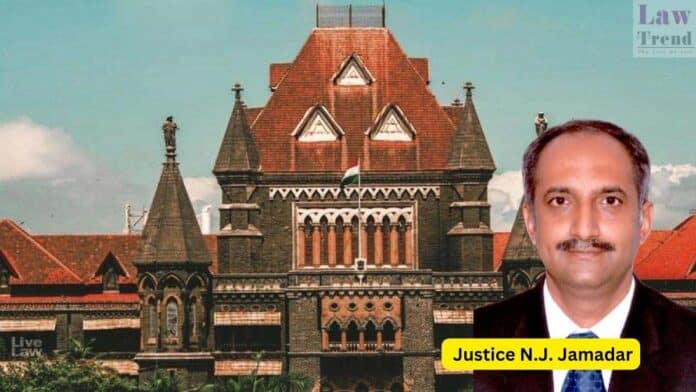The High Court of Judicature at Bombay, in a judgment pronounced on November 3, 2025, dismissed a writ petition challenging the final report of an Internal Complaints Committee (ICC) constituted by a private airline. Justice N. J. Jamadar ruled that the petition, filed under Articles 226 and 227 of the Constitution, was not maintainable, holding
To Read More Please Subscribe to VIP Membership for Unlimited Access to All the Articles, Download Available Copies of Judgments/Order, Acess to Central/State Bare Acts, Advertisement Free Content, Access to More than 4000 Legal Drafts( Readymade Editable Formats of Suits, Petitions, Writs, Legal Notices, Divorce Petitions, 138 Notices, Bail Applications etc.) in Hindi and English.




